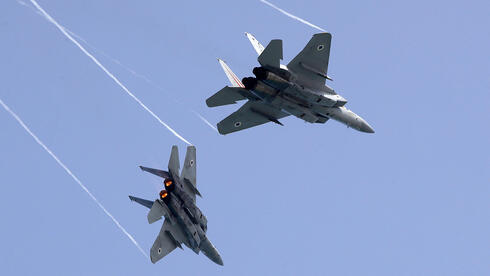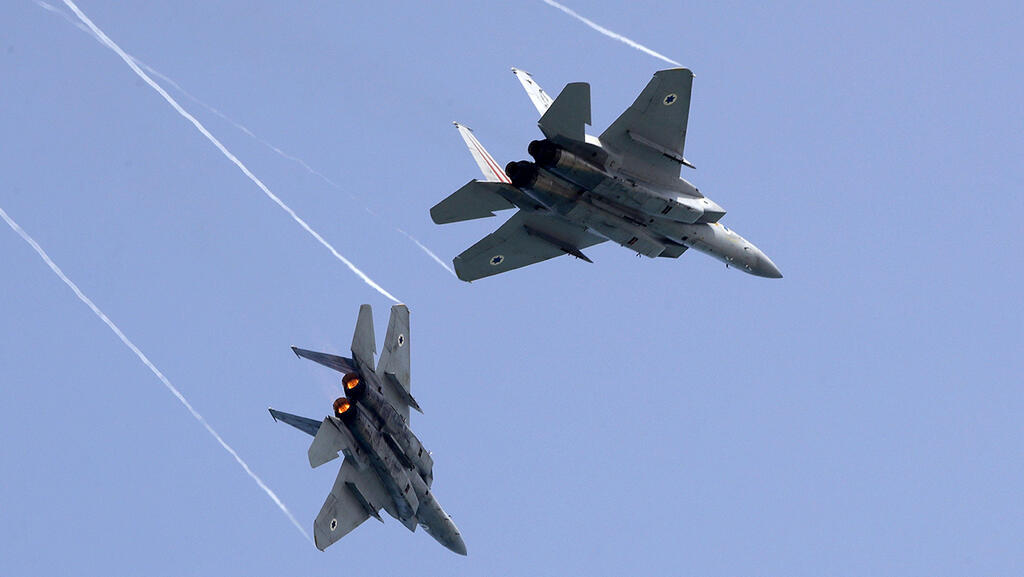
Israel secures $6 billion F-15 deal as Air Force modernization continues
Finance Committee approves crucial funding for advanced fighter jets, completing a $9 billion defense upgrade that also included $3 billion towards an F-35 squadron.
The Knesset's Finance Committee on Monday gave the green light to the Ministry of Defense to move forward with a major deal worth NIS 22.7 billion (approximately $6.17 billion) for the purchase of a squadron of F-15 aircraft (model F-15IA). In the committee's announcement, it was stated that the approval is related to "various defense expenses." However, Calcalist has learned that this authorization is specifically aimed at completing the procurement deal reported by Calcalist last May, which included the purchase of both an F-35 squadron and an F-15 squadron for the Air Force, totaling approximately NIS 34 billion ($9 billion).
Last June, the Finance Committee approved the first part of the deal, amounting to NIS 11.3 billion ($3 billion), for the F-35 squadron. Now, the committee has approved the remaining amount. Finance Minister Bezalel Smotrich delayed the execution of the deal for months as part of his conflict with Defense Minister Yoav Gallant, which included issues related to the establishment of a committee to examine the defense budget and matters concerning authority in Judea and Samaria (Smotrich also serves as a minister in the Ministry of Defense). The decision to advance this major deal was made in Israel as early as 2021. The purchase of the aircraft from the American manufacturer Boeing is planned to be financed using U.S. defense aid funds.
The new fighter jets that Israel plans to purchase from the U.S. are intended to replace dozens of outdated fighter jets still in use by the Air Force, such as earlier generations of F-16s and F-15s, the first of which landed in Israel in the 1970s. Their maintenance costs are high, spare parts are expensive, and their operational capabilities are very limited given the scope and intensity of current security challenges.















